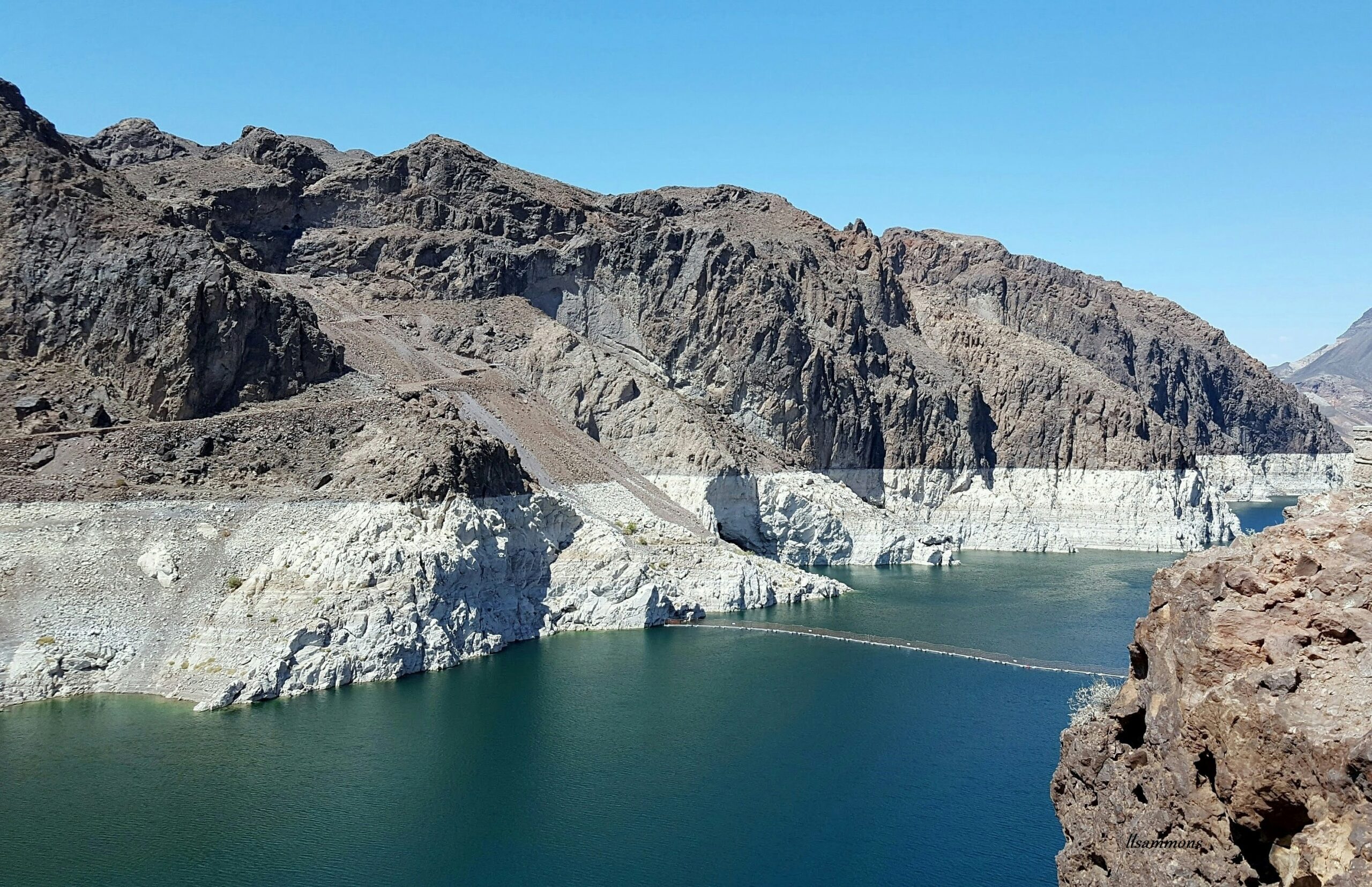
A groundbreaking desalination technology from the University of South Australia (UniSA) offers hope for solving the global freshwater crisis. By utilizing clay minerals to accelerate seawater evaporation, this innovative approach like Brine management could efficiently address the water needs of billions of people worldwide. However, while this breakthrough ensures freshwater supply, it also raises a critical question: what to do with the salt brine by-products?
The escalating global water crisis presents both challenges and opportunities for investors, particularly in the realm of Environmental, Social, and Governance (ESG) investing. Allocating capital and having an investment plan to invest in water purification and desalination technologies not only addresses critical environmental and social issues but also aligns with the growing demand for sustainable investment strategies.
Financial Considerations in ESG Investments:
- Alignment with ESG Objectives: Investing in companies that develop or adopt advanced and value added water treatment technologies, such as the one pioneered by UniSA, directly supports environmental sustainability. These investments contribute to the responsible management of water resources, a key component of ESG criteria.
- Market Growth Potential: The global market for water treatment technologies is expanding, driven by increasing water scarcity, increased demand for fresh water, and stringent environmental regulations. Companies at the forefront of innovative solutions are well-positioned to capitalize on this growth, potentially offering attractive returns for investors. Companies that are not part of the water purification and types of esg investing market also stand to benefit as many areas of the global economy require significant amounts of fresh water, which is expected to grow exponentially in the future.
- Risk Mitigation: Investing in sustainable water technologies can mitigate risks associated with water scarcity, such as operational disruptions and regulatory penalties. Companies that proactively manage water resources are likely to experience enhanced operational resilience and reduced exposure to water-related risks.
- Long-Term Value Creation: Sustainable water management practices can lead to cost savings, improved brand reputation, and customer loyalty. These factors contribute to long-term value creation, benefiting both companies and their investors.
Here’s a look at the industries that consume the most freshwater and how technology and investment can make a difference.
The Biggest Freshwater Consumers by Industry
1. Agriculture: Feeding the World, Draining the Aquifers
- Share of Global Freshwater Use: ~70%
- Why It Matters: Agriculture is the largest consumer of freshwater, primarily for irrigation and livestock. Crops like rice, cotton, and sugarcane are particularly water-intensive, with thousands of liters required for a single kilogram of produce.
- The Challenge: Unsustainable water use in agriculture depletes aquifers and exacerbates water scarcity in arid regions.
2. Energy and Power Generation: Cooling the Grid
- Share of Global Freshwater Use: ~10–15%
- Why It Matters: Power plants (coal, nuclear, and natural gas) require significant water for cooling systems. Hydropower relies on freshwater reservoirs, while emerging renewable energy sources like hydrogen production are also water intensive.
- The Challenge: Balancing energy production with water conservation in regions where energy demand and water stress overlap.
3. Industrial Manufacturing: Hidden Water Costs
- Why It Matters: Manufacturing processes in industries such as automotive, chemicals, and metals are water-intensive, relying on freshwater for cooling, processing, and cleaning.
- The Challenge: Industrial water use often leads to pollution, making water less accessible to surrounding communities.
4. Food and Beverage: Liquid Gold
- Why It Matters: Beverage production (including soda, alcohol, and bottled water) and food processing require vast amounts of water. For instance, producing one liter of soda can consume up to 2.5 liters of water.
- The Challenge: The industry faces growing pressure to reduce its water footprint amid rising global demand.
5. Tech Industries: The Digital Water Footprint
Chip Manufacturing
- Why It Matters: The semiconductor industry uses ultra-pure water for cleaning silicon wafers during chip production. A single chip fabrication plant can consume millions of gallons of water per day.
- The Challenge: With global demand for chips skyrocketing, managing water sustainably is critical to avoid depleting local supplies and interrupting production.
Data Storage and Cloud Computing
- Why It Matters: Data centers require water for cooling servers, particularly in regions where energy-intensive air cooling is less viable.
- The Challenge: As digital services expand, the water needs of data storage facilities are becoming a significant environmental concern.
6. Mining and Extraction: Digging Deep for Resources
- Why It Matters: Water is used extensively for mineral processing, dust suppression, and wastewater treatment. Extraction of rare earth elements for tech products and batteries also demands significant water resources.
- The Challenge: Water pollution from mining can devastate ecosystems and communities.
The desalination industry, vital for addressing water scarcity, has long faced the challenge of managing the environmental impact of brine disposal. Fortunately, solutions for sustainable brine management are emerging, creating investment opportunities that align with Environmental, Social, and Governance (ESG) principles.
Challenges and Solutions for Salt Brine Management
- Valorizing Brine By-Products
- Brine contains valuable minerals like lithium, magnesium, and potassium. Extracting these materials can supply raw resources for industries such as batteries, fertilizers, and construction materials.
- Companies innovating in brine valorization align with ESG objectives by reducing waste and creating revenue streams.
- Energy Recovery
- High-salinity brine can be used in energy recovery systems, generating electricity and reducing the energy demands of desalination plants.
- Investing in these technologies supports a circular economy and aligns with energy sustainability goals.
- Eco-Friendly Disposal
- Zero-liquid discharge (ZLD) systems convert brine into solid salts and recover purified water, eliminating waste and mitigating environmental harm.
- These systems are gaining attention for their scalability and minimal ecological impact.
- Aquaculture and Agriculture
- Salt brine can be repurposed for aquaculture systems or saline agriculture, turning a waste product into a resource for food production.
Investment Opportunities in ESG
The UniSA desalination breakthrough underscores the potential for sustainable water management technologies to transform environmental challenges into economic opportunities. ESG investors, in particular, stand to benefit from this trend.
- Water Technology Funds:
- Investors seeking exposure to the water technology sector can consider ESG-focused funds that include companies specializing in water purification and desalination. There are now several funds available that invest in firms dedicated to water-related solutions. These funds provide diversified access to the sector, aligning with ESG investment goals.
- Market Potential:
- The global water technology market is growing, driven by the increasing need for clean water and stricter environmental regulations.
- Companies at the forefront of desalination and brine management are poised for significant financial returns.
Benefits of ESG-Focused Water Investments
- Alignment with Sustainability Goals
- Supporting water purification and brine management technologies directly addresses environmental and social issues, fulfilling ESG criteria.
- Mitigation of Environmental Risks
- Companies that manage water responsibly are less exposed to regulatory and operational risks, offering greater long-term stability and growth.
- Financial Growth Potential
- With global freshwater scarcity intensifying, demand for advanced desalination and brine management solutions will continue to rise.
The UniSA breakthrough in desalination technology highlights the intersection of innovation and sustainability. As the world grapples with freshwater shortages, managing the by-products of desalination, such as salt brine, is critical to ensuring environmental and economic viability.
For ESG-conscious investors, these advancements represent an opportunity to fund transformative solutions that address pressing global issues and environmental impact assessment while delivering strong financial returns. Investing in water technology and sustainable brine management not only supports a healthier planet but also positions investors at the forefront of a rapidly expanding market. Reach out to us at info@49thparallelwealthmanagement.com to discuss water-related and other ESG investing opportunities.







